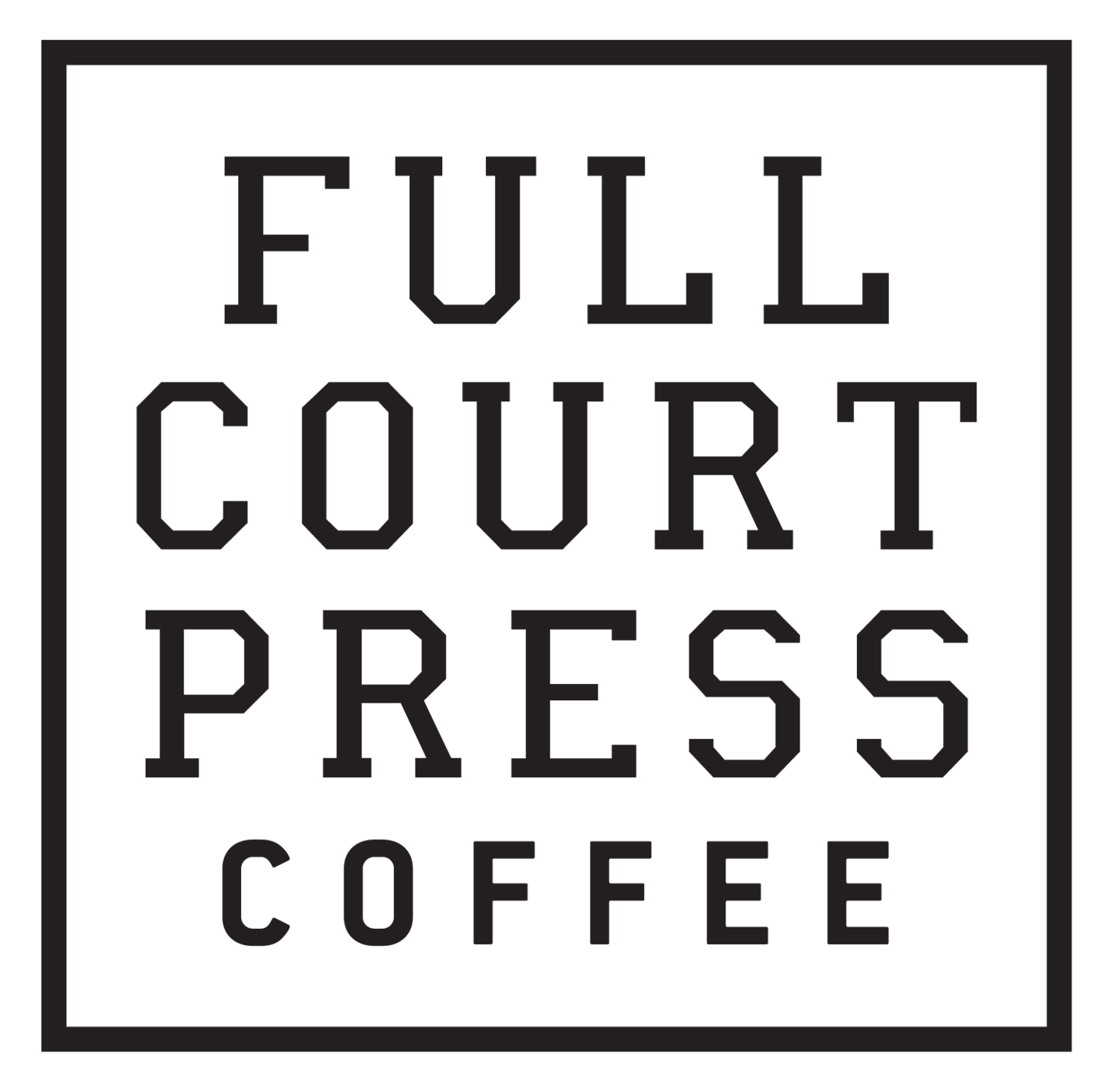RAISING PRICES - REVISITED
There comes a time when every retail business needs to consider raising prices, this is often done reluctantly and often with relish, in all cases there are plenty of factors at play before going ahead.
With that in mind, and after 2 years of trading, We have decided to raise prices on June 1st by 10p for all hot drinks and Cakes, our new pricing will now be;
Espresso - £2.40
Milk Drinks (all sizes) - £2.70
Filter Brews - £2.70
Tea & Hot Choclate - £2.40
Cakes - £2.60
Although many of the factors considered have remained the same from our last price rise, some have warranted a complete rethink. For some context here is what we've considered;
Cost of goods.
Usually this is the catch-all reason used to explain away any price rise, and yes rising costs usually lead to a rise in selling price. I feel it's a lazy way out to follow this tack so lets look at our costs;
Price rises - Surprisingly, very little has risen in price this year. The biggest extra cost is in disposables with Take away cups and lids costing us 2p extra per cup year on year.
So what about our biggest expense, Coffee?
Allegra, the group behind the London Coffee Festival and the European Coffee Symposium, compile a yearly survey of costs and trends within the coffee sector. the 2014 survey found that the average coffee cost per cup was 8p, lets compare that to our cost per cup;
For our 3rd quarter of trading (Nov 2014-Jan 2105) we spent £5604.09 on coffee.
over 13 weeks and an average of 24kg per week this gives us a per/Kg cost of £17.96
Our average coffee dose is 17g, we then allow 2g for wastage, giving us an average cost per cup of 34p
I was unable to find if the 8p quoted was for single or double shots, but even at 16p, our costs are still more than twice that of the national average. Viewing it this way, we have always charged too little.
The cost of quality.
Its very easy to find articles on how the price of green coffee has been rising and falling in recent years. On the whole they will be referring to the "C" price, which is that for commodity or exchange grade arabica traded on the major stock exchanges. For this price you get little traceability and diminished quality.
We buy from a trusted group of roasters who deal, on the whole, in Speciality Grade coffee. This has increased traceability, usually to farm level, but often to individual plots. It is also, on the whole,of higher quality costs and more due to this and a variety of factors. Read this for a good breakdown of the hidden costs.
We are committed to this quality, which means our pricing ranges from £17-30 per kg, although recently we have seen an increase in the number of coffees costing above £20 per kg.
The cost of service.
Great coffee is nothing with out great service and in my view the best service is always provided by committed professionals.
We also have a unique style of menu, that relies heavily on the staff to provide clear and concise information allowing the customer to make a more informed choice, as situation where a degree of professionalism comes to the fore.
To foster this professionalism, FCP only hires staff to full time, salaried contracts rather than part time or Zero Hour contracts as is common. This means that for the staff we hire, coffee is a career, not just a job.
But this professionalism costs, all of our staff are paid at well above the minimum wage and receive yearly payrises based on inflation and performance.
This in turn means that our staff costs are much higher than is the norm, for example for 2014/2015 our staff costs (including myself) were 32% of our total turnover.
Value for money
In simple terms, value for money can be reduced to how much you pay for a given amount of product. Viewed this way, it could be argued that we suffer in the regard.
For example, at our the three nearest coffee sellers to us, a regular latte (12oz) will cost you between £2.00-2.40. Our latte is 10oz and costs £2.60
Win for the other guys, yeah?
Well, no. See if we look at everything on offer, the increased coffee quality, the time and expertise put in to the brewing, the level of service and education of offer, then suddenly, £2.70 for a drink, seems pretty cheap don't you think?

